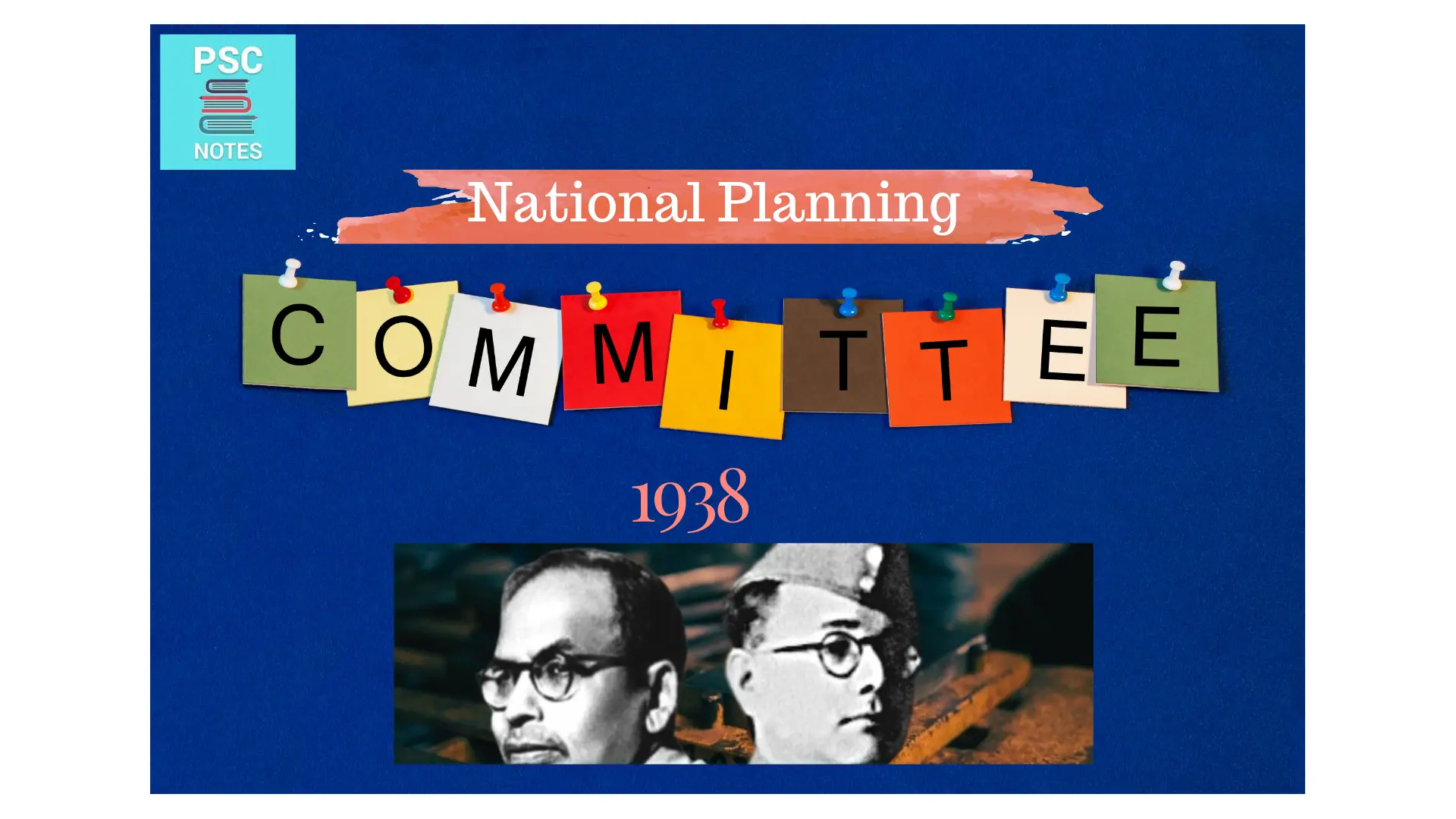Planning commission and national development council
Planning Commission and national development council Planning commission The Planning Commission was an institution in the Government of India, which formulated India’s Five-Year Plans, among other functions. Background Rudimentary economic planning, deriving from the sovereign authority of the state, was first initiated in India in 1938 by Congress President and Indian National Army supreme leader … Read more
